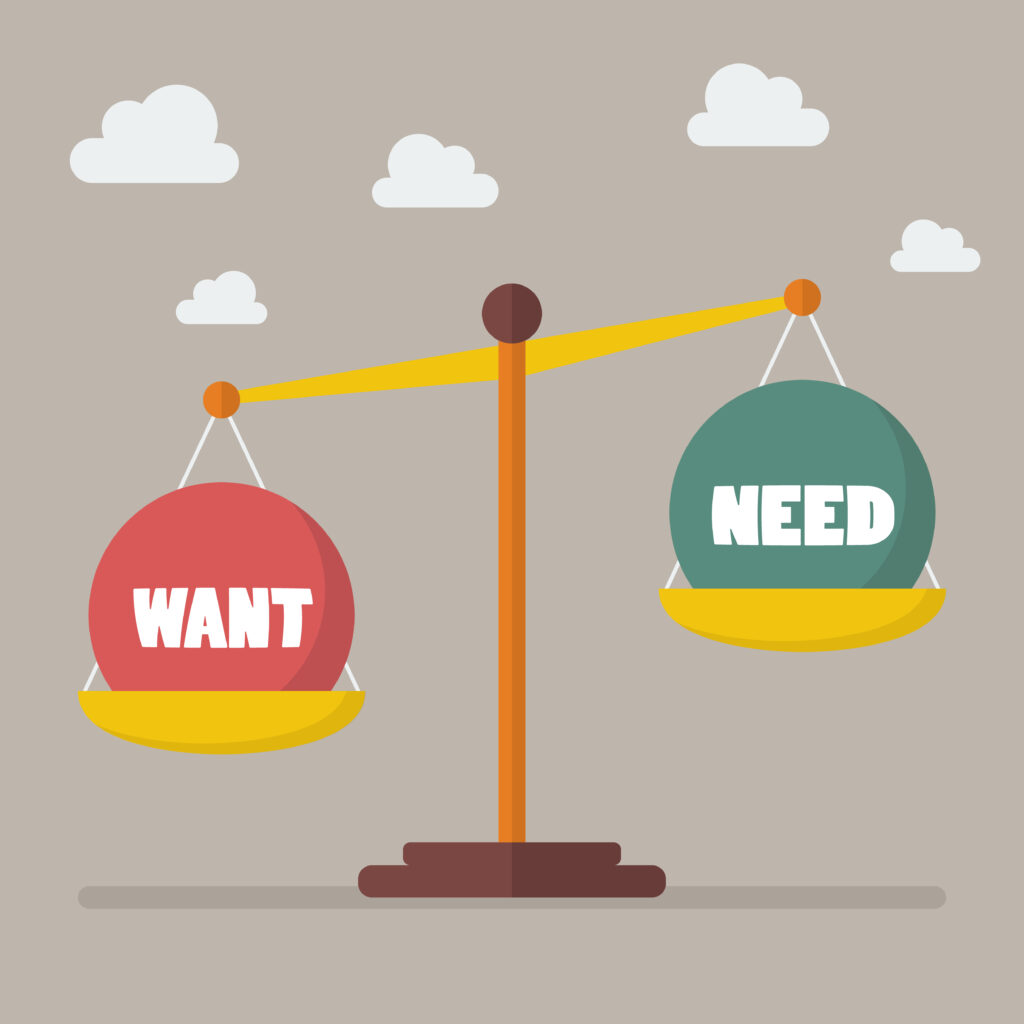Deciphering the complexities of why we spend the way we do becomes crucial in a world full of tempting advertisements and options. The goal of this investigation into the psychology of spending is to provide insight into the psychological and emotional factors that influence our purchasing behaviors. More significantly, it provides doable tactics for mastering these triggers, encouraging thoughtful and knowledgeable financial choices.
The Affective Triggers
Emotional triggers abound in our everyday lives and have a big impact on our spending patterns. It is essential to identify and comprehend these triggers in order to engage in mindful spending. There are two main emotional triggers that stand out:
Retail Therapy: A Short-Term Getaway
A common emotional trigger known as “retail therapy” is the act of shopping as a short-term diversion from stressful or negative feelings. On the other hand, over time, it frequently results in financial strain. For example, Sarah turns to internet shopping to buy clothes she doesn’t really need after a demanding workweek.

Keeping up with the virtual Joneses: A source of social pressure
Social pressure has a major impact on people’s spending habits in the modern era, largely due to the influence of social media. Spending that is needless and impulsive can result from the pressure to maintain a certain lifestyle, which is made worse by the constant exhibition of luxuries on social media platforms. Friends’ extravagant vacations or new purchases can make people feel inadequate and push them to spend more money than they can afford in order to maintain appearances.
Recognizing and comprehending these feelings is the first step toward adopting a conscious spending lifestyle. Being aware makes it possible to put healthier coping mechanisms into practice and make financial decisions free from the influence of transient emotions or outside pressures.
The Significance of Advertising
Everywhere we look, there are advertisements, gently influencing the way we spend. Ads are carefully crafted to appeal to our desires by instilling a sense of urgency and need, which leads to impulsive purchases. Ads can be viewed critically, their tactics understood, and our responses examined in order to drastically cut down on impulsive and influenced spending. This consequently results in more deliberate and knowledgeable purchasing decisions.
Impulsive Purchasing: A Crucial Element
Uncontrolled spending is largely caused by impulsive buying, which is made worse by the ease of online shopping and the emphasis on instant gratification in today’s society.
The Immediate Gratification Trap: Juggling Necessity and Caution
The lure of instant gratification frequently overrides the long-term financial consequences, leading to spending decisions that are regrettable and impulsive. Single-click purchases of non-essential goods can result in debt accumulation.
Ease of Access and Online Shopping: A Two-edged sword
Online shopping’s ease of use, along with features like one-click purchases and stored payment information, unintentionally promote overspending. Increased awareness of the causes of impulse buying and proactive measures to reduce it can result in more deliberate and controlled spending, which improves one’s financial situation overall.
Workable Methods for Reducing Spending
Spending control involves more than just reducing spending; it also entails making thoughtful financial decisions that support one’s values and financial objectives.
Setting a Budget: A Financial Guide
A well-organized budget offers a transparent financial framework that helps prioritize financial objectives and prevent wasteful spending. Keeping track of spending and establishing boundaries for different categories can be facilitated by using budgeting applications.
Evaluating Needs vs. Wants: Promoting Financial Self-Control
It is possible to avoid wasteful spending and promote improved financial management by routinely evaluating and distinguishing between needs and wants. Developing the habit of delaying purchases for one or two days aids in determining their necessity.

Conscientious Expenditure: Increasing Economic Awareness
Spending with mindfulness raises awareness of one’s spending patterns and encourages more deliberate and knowledgeable financial choices. Achieving financial goals and maintaining financial stability and freedom are greatly aided by the continuous process of putting sensible spending control techniques into practice.
Financial Literacy’s Role
Making wise financial decisions is based on having a solid understanding of credit, investments, and savings, among other things. It gives people the ability to avoid common pitfalls and mistakes and make wise financial decisions. As Dr. Robert Kiyosaki so eloquently states, “Financial literacy is a process, not a destination. It starts in early childhood and lasts all the way until retirement.” Enhancing one’s financial literacy takes time and effort, but the rewards are enormous: improved financial management, more informed choices, and greater financial independence and security.
In summary
Keystones to financial freedom and stability include comprehending the psychology underlying spending patterns and putting control measures in place. This thorough investigation offers knowledge and resources to start the path toward responsible spending and financial security. People can successfully navigate the complex world of behavioral finance by identifying emotional triggers, evaluating the impact of advertising critically, addressing impulsive buying tendencies, and adopting useful strategies. In the end, this leads to a balance between financial prudence and fulfilling life experiences.
